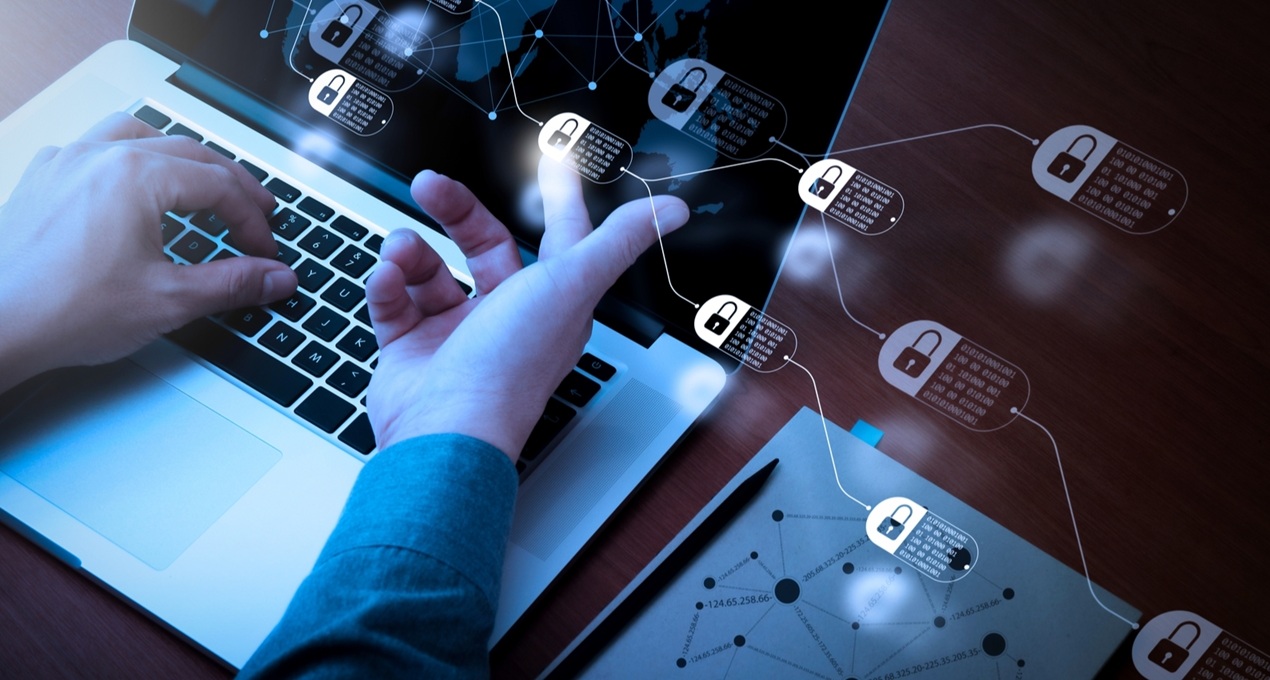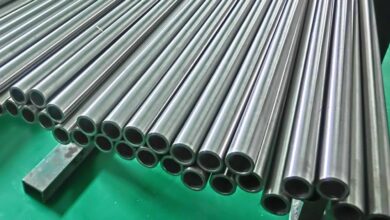The Silent Countdown: Why EMA License Renewal Could Make or Break Your Singapore Business

EMA license renewal arrives like clockwork in Singapore’s bustling commercial districts, yet countless business owners treat this critical regulatory requirement as merely another administrative burden rather than the lifeline it truly represents. Behind every renewal notice that lands in mailboxes across the island nation lies a story of electrical safety, regulatory compliance, and the delicate balance between innovation and protection that defines modern Singapore. The consequences of treating EMA license renewal casually extend far beyond paperwork—they touch the very foundation of how businesses operate in one of Asia’s most regulated energy markets.
The Human Cost of Electrical Oversight
In the gleaming towers of Marina Bay and the industrial heartlands of Jurong, electrical installations power dreams and livelihoods alike. Yet beneath this seamless flow of energy lies a complex web of regulatory oversight that most business owners barely comprehend until crisis strikes.
Consider Sarah Chen, a factory owner in Woodlands whose production line came to an abrupt halt when her EMA license renewal lapsed. What began as a simple oversight—missing the six-week advance notice—cascaded into weeks of downtime, lost contracts, and the sobering realisation that electrical compliance isn’t optional in Singapore’s regulatory landscape.
EMA license renewal requirements affect diverse stakeholders across Singapore’s energy ecosystem:
• Manufacturing facilities requiring supply installation licenses for high-voltage operations
• Commercial buildings managing electrical installation licenses for tenant operations
• Licensed Electrical Workers whose professional credentials depend on timely renewals
• Energy retailers maintaining market participant licenses for competitive operations
• Gas suppliers managing distribution licenses for residential and commercial customers
Navigating the Regulatory Maze
The Energy Market Authority’s licensing framework reflects Singapore’s methodical approach to energy security—comprehensive, systematic, and unforgiving of casual compliance. EMA license renewal processes vary dramatically depending on license type, creating a landscape where understanding your specific obligations becomes crucial for business continuity.
For electrical and supply installation licenses, the renewal process involves appointed Licensed Electrical Workers conducting thorough safety inspections before submitting applications. This human element introduces both protection and vulnerability—protection through professional oversight, vulnerability through dependence on qualified personnel.
As one experienced LEW professional observed: “EMA license renewal in Singapore isn’t just about ticking regulatory boxes—it’s about maintaining the electrical safety foundation that enables our entire economy to function. When businesses understand this deeper purpose, compliance becomes less burden and more business protection.”
The Digital Transformation of Compliance
Singapore’s push toward digital governance has transformed how EMA license renewal operates, with the e-Licensing Information Services (ELISE) portal centralising most renewal activities. This digital shift promises efficiency whilst creating new challenges for businesses unprepared for electronic compliance management.
Modern EMA License Renewal Features:
• Online renewal submissions through ELISE portal using CorpPass or SingPass
• Automated renewal notices delivered six weeks before expiry dates
• Digital document submission and status tracking capabilities
• Integration with other government services for streamlined compliance
• Real-time updates on regulatory changes affecting license requirements
The digital transformation hasn’t eliminated human expertise requirements. EMA license renewal still demands qualified professionals who understand both technical requirements and regulatory nuances. Licensed Electrical Workers remain central to the process, conducting physical inspections that digital systems cannot replace.
Economic Implications Beyond Compliance
The financial impact of EMA license renewal extends throughout Singapore’s business ecosystem, affecting everything from insurance premiums to operational continuity. Businesses with consistent renewal records often negotiate better insurance rates, whilst those with compliance lapses face increased scrutiny and costs.
Insurance and Risk Considerations
Professional EMA license renewal management creates measurable economic benefits:
• Reduced insurance premiums for properties with consistent compliance records
• Lower liability exposure through documented safety protocols
• Faster claim processing when electrical incidents occur with proper licensing
• Enhanced property valuations reflecting reliable electrical infrastructure
• Simplified financing arrangements for businesses with strong regulatory compliance
Supply Chain and Operational Impact
Manufacturing businesses particularly feel the ripple effects of EMA license renewal requirements. Production schedules must accommodate inspection periods, whilst supply chain partners increasingly verify electrical compliance before establishing long-term contracts.
The Human Stories Behind the Statistics
Behind every EMA license renewal lies a human story of adaptation, learning, and occasionally, costly oversight. David Lim’s electronics assembly operation discovered this reality when a delayed renewal triggered supplier audits that temporarily suspended critical component deliveries.
These individual experiences aggregate into broader patterns that shape Singapore’s business landscape. Companies investing in professional EMA license renewal management report higher operational stability, whilst those treating renewals as afterthoughts face recurring disruptions that compound over time.
Future-Proofing Your Business
Singapore’s regulatory environment continues evolving as smart city initiatives and renewable energy integration create new compliance requirements. EMA license renewal processes increasingly incorporate environmental considerations and technological advancement criteria that forward-thinking businesses must anticipate.
Emerging Trends in EMA Compliance:
• Integration of smart grid technologies requiring updated technical specifications
• Enhanced environmental reporting linked to license renewal requirements
• Cybersecurity considerations for digitally-connected electrical systems
• Renewable energy integration affecting traditional electrical infrastructure licenses
• District cooling service expansions creating new licensing categories
Building Sustainable Compliance Strategies
Successful businesses approach EMA license renewal as ongoing relationship management rather than periodic administrative tasks. This involves cultivating relationships with qualified LEW professionals, maintaining detailed documentation systems, and staying informed about regulatory developments.
The most resilient businesses treat EMA license renewal as part of broader risk management strategies that protect operational continuity whilst enabling growth opportunities. They understand that compliance isn’t merely about avoiding penalties—it’s about maintaining the electrical infrastructure reliability that underpins business success.
Conclusion
The stories unfolding across Singapore’s commercial landscape reveal a fundamental truth: EMA license renewal represents far more than regulatory compliance—it embodies the electrical safety foundation that enables modern business to flourish. For business owners navigating Singapore’s competitive environment, understanding and respecting this renewal process isn’t optional—it’s essential for sustainable operations and long-term success in one of Asia’s most sophisticated energy markets.





